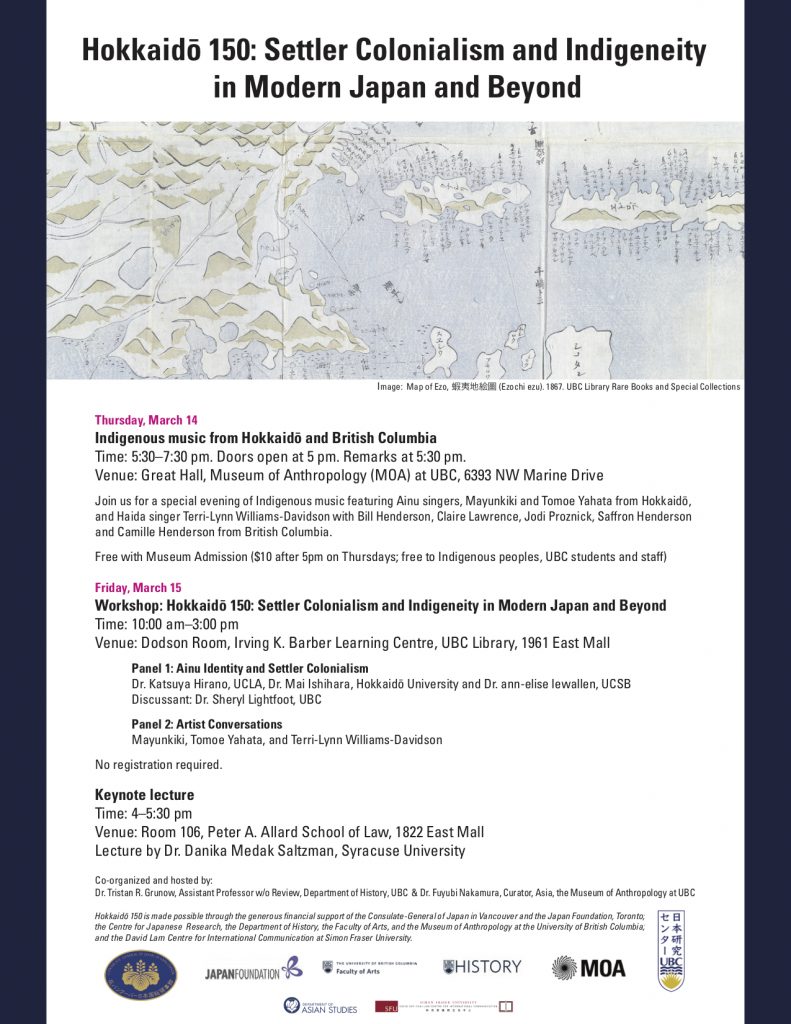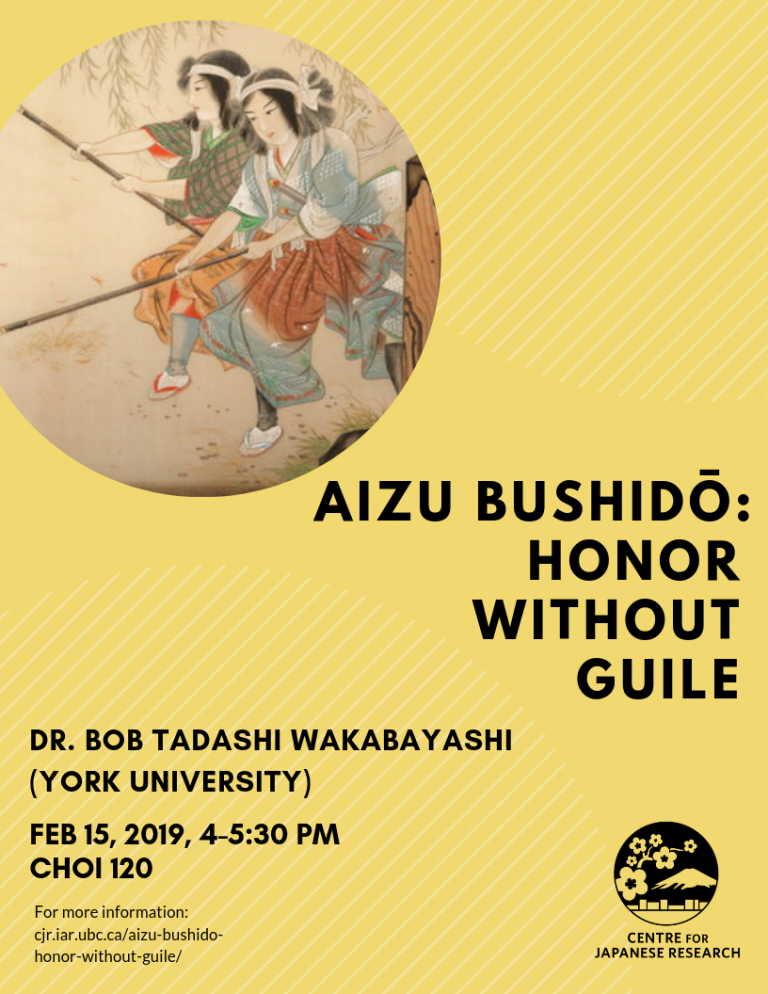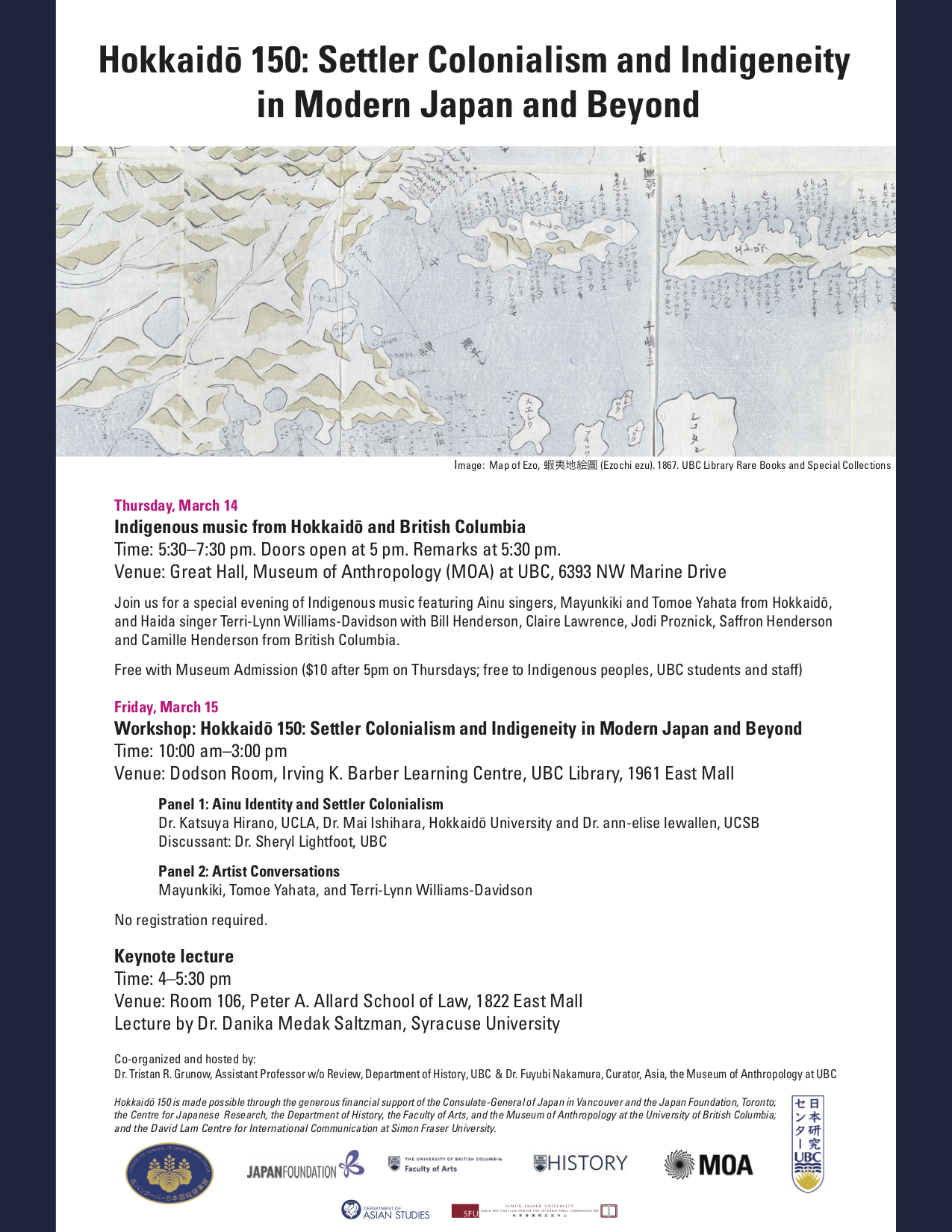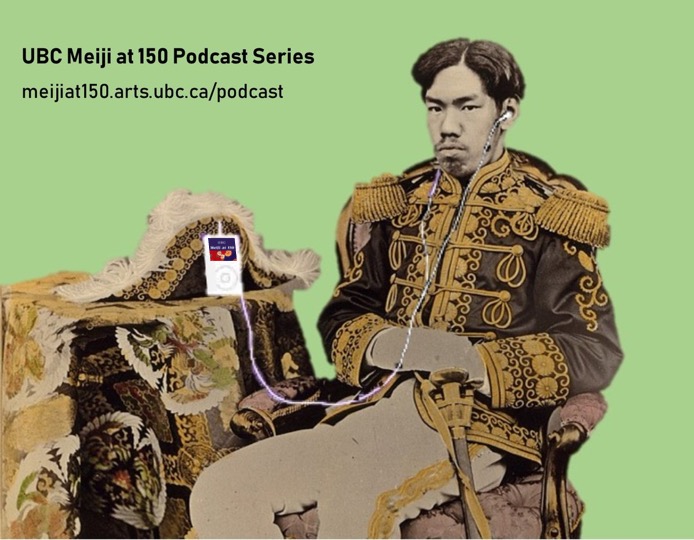
Click here to view the updated Meiji at 150 Podcast Episode Guide
In episode 83, Dr. Donna Brunero (NUS) places treaty ports in Japan leading up to and after the Meiji Restoration into an East Asian regional perspective, comparing life in treaty ports in Japan and China. We discuss cultural transformations and cultural hybridity in treaty ports, question popular visions of the treaty ports that render non-Westerners invisible, and reread newspaper coverage of the Meiji Restoration in the Chinese treaty port press. Click here to listen.
In episode 84, Dr. David Ambaras (NC State) retraces the intimate and illicit networks of regional mobility in East Asia to rethink nation-centric narratives of modern Japanese and Chinese history. We discuss how the Meiji Restoration reshaped the East Asian Sinosphere, the lives of traders, women, and children living in Japan’s “imperial underworlds,” and how the upending of the East Asian order once again in 1945 impacted transnational families. Click here to listen.
In episode 85, Dr. Shi Lin Loh (NUS) re-examines the history of science in modern Japan and charts Japan’s singular experiences of radiation, from the development of Japanese radiology during the Meiji Period, to the bombings of Hiroshima and Nagasaki, and finally to the Triple Disaster in Fukushima. We discuss the introduction of X-ray technology, the lives and work of Japanese scientists Nishina Yoshio and Nagai Takashi, and Dr. Loh’s contribution to a documentary film about radiation in Fukushima. Click here to listen.
In episode 86, Dr. Mark Ravina (Emory) reconsiders received narratives of the Meiji Restoration, challenging ideas of the Restoration as a sharp break and reviving the importance of antiquity to early Meiji leaders. We compare the Meiji Restoration to earlier examples of foreign threat and domestic reform in premodern Japan, question concepts of “modernization” and “Westernization” commonly applied to the Meiji Period, and place the Restoration among the global revolutions of the 19th century. Click here to listen.
In episode 87, Dr. Deborah Shamoon (NUS) redraws depictions of the shōjo, or adolescent women, in Japanese cultural production in the Meiji and Taishō period, drawing connections between literature and new understandings of adolescent women’s roles in society. We discuss the emergence of new types of female characters in Meiji literature by Futabatei Shimei, Miyake Kaho, and Mori Ōgai, views of teenage girls as threatening in works by Tayama Katai and Tanizaki Junichirō, and changes in shōjo culture as seen in shōjo manga and the popularity of Misora Hibari in the postwar. Click here to listen.
In episode 88, Dr. Colin Jaundrill (Providence) complicates the easy association between Bushidō, samurai, and Japan in the contemporary popular imagination. We discuss military reforms dating to the 1850s and into the Meiji Period, highlight the impact of military conscription on the former samurai and on commoners, challenge the continuity of Bushidō in the prewar military, and question the re-appropriation of Bushidō for the contemporary business world. Click here to listen.
In episode 89, Janice Nimura recounts the remarkable story of the women of the Iwakura Mission, three young girls sent to America in 1872 for a decade to learn about Western culture. We discuss the background of the women’s presence on the Mission, the women’s experiences in the US as seen in diaries and personal correspondence, and the lives they led and impact they had in Japan upon their return. Click here to listen.
In episode 90, Dr. Gavin Campbell (Dōshisha) reviews the Meiji Restoration from the perspective of American cultural history, situating Japan within American interests in the Pacific. We question narratives of a “Clash” of Japanese and American cultures, and discuss Dr. Campbell’s work on Japanese toilets and the material history of Japanese men’s fashion. Click here to listen.

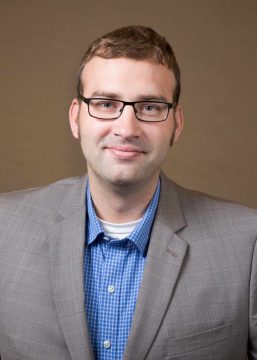 In Episode 120, Dr. Tristan Grunow (Yale) joins guest-host Dr. Hitomi Yoshio (Waseda) to revisit the background and production of the series, to review the state of the field of Japanese studies around the world in 2019 as seen through the podcast, and to rethink the importance of the Restoration today, before discussing the pedagogical and scholarly benefits of podcasting. This episode was recorded live at Waseda University in Tokyo, Japan and made possible by the Top Global University Project.
In Episode 120, Dr. Tristan Grunow (Yale) joins guest-host Dr. Hitomi Yoshio (Waseda) to revisit the background and production of the series, to review the state of the field of Japanese studies around the world in 2019 as seen through the podcast, and to rethink the importance of the Restoration today, before discussing the pedagogical and scholarly benefits of podcasting. This episode was recorded live at Waseda University in Tokyo, Japan and made possible by the Top Global University Project. Faculty of Art
Faculty of Art
